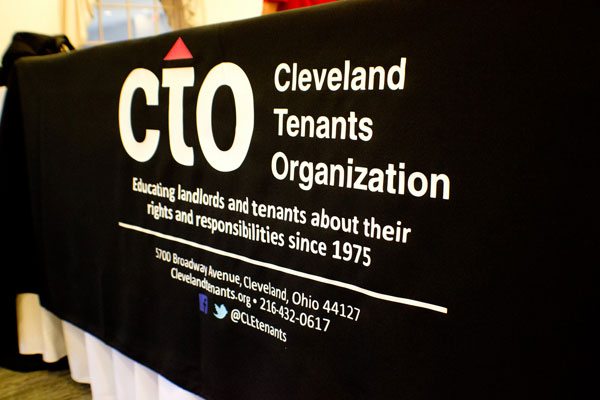
February 6, 2018; Cleveland Plain Dealer
Whenever we hear about the purported value of social entrepreneurs, who seem to appear and disappear relatively quickly, I think about the organizations that exist in neighborhoods all over the country to help residents of low-income neighborhoods deal with the everyday structural injustices of life. Lack of access to decent and affordable housing figures into that in a big way. These kinds of organizations are thick on the ground because residents need them badly.
On Monday, the 40-year-old Cleveland Tenants Organization suspended its operations, citing, in part, its long-standing cash crunch born of contracts reimbursed only well after services were provided. Its budget was achingly small, providing little room for such nonsense. The organization’s executive director made $62,000, and it had only three employees. It had no capital to loan money to the state of Ohio, in other words, but it was forced to do so as part of its state-contracted business model.
In the farewell on its website, CTO writes:
Sign up for our free newsletters
Subscribe to NPQ's newsletters to have our top stories delivered directly to your inbox.
By signing up, you agree to our privacy policy and terms of use, and to receive messages from NPQ and our partners.
Throughout our history, we have made an incredible impact for tens of thousands of renters in Northeast Ohio, preventing homelessness, resolving disputes between tenants and landlords, advocating for the needs of low- to moderate-income tenants, informing citizens of their rights and responsibilities in rental housing and empowering tenants individuals and collectively to represent themselves and their interests.
The top reasons why tenants called the organization’s hotline included “inquiries about repairs, evictions, housing options, security deposits, bedbugs, lease terms, utility shut-offs, rental assistance and landlords’ legal rights to enter apartments.”
Luckily, the Legal Aid Society will take over the hotline, complete with CTO’s hotline staff person. It will also take on more eviction-diversion cases and education. Still, they can help only half the qualified people who ask for help. Meanwhile, CTO’s board is still figure out how to keep helping tenants form associations to stand up for their rights.
“The way we’re looking at it is, we’re just taking a step back so that we can see whether there’s a step forward,” board president Cheri Smith said. “I’m hoping that we come out the other side and are able to continue to provide the other services.”
But, in the long run, the situation points to larger systemic problems embedded in the funding structures of nonprofits. A lack of capital combined with delayed payments means big trouble.—Ruth McCambridge











